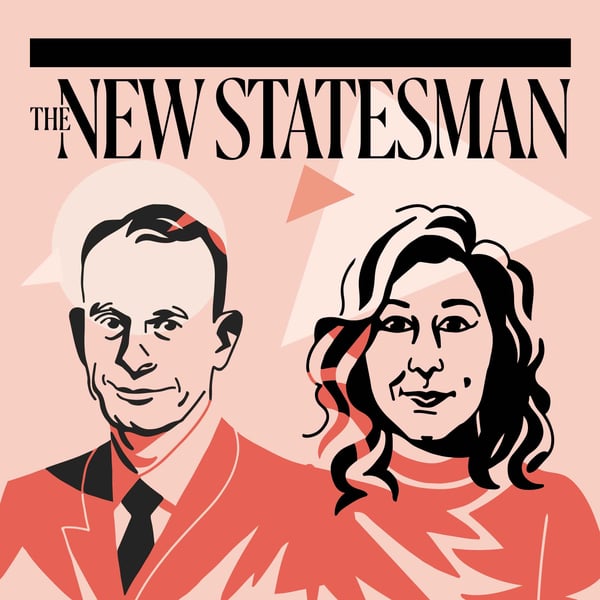The philosopher and the crypto king: Sam Bankman-Fried and the effective altruism delusion | Audio Long Read
The New Statesman | UK politics and culture
The New Statesman
4.4 • 1.4K Ratings
🗓️ 23 September 2023
⏱️ 37 minutes
🧾️ Download transcript
Summary
At the time of writing, the crypto billionaire Sam Bankman-Fried is due to stand trial on 3 October 2023. He stands accused of fraud and money-laundering on an epic scale through his currency exchange FTX. Did he gamble with other people’s money in a bid to do the maximum good?
In this week’s long read, the New Statesman’s associate editor Sophie McBain examines the relationship between Bankman-Fried and the Oxford-based effective altruism (EA) movement. The billionaire was a close associate and supporter of William MacAskill, the Scottish moral philosopher who many consider EA’s leader. It was MacAskill who had persuaded him – and many other young graduates – to earn more, in order to give more. But how much money was enough – and what should they spend it on? Was EA just “a dumb game we woke Westerners play”, as Bankman-Fried told one journalist?
In conversations with EA members past and present, McBain hears how the movement was altered by its enormous wealth. As the trial of its biggest sponsor approaches, will effective altruism survive – or be swallowed by its more cynical Silicon Valley devotees?
Written and read by Sophie McBain.
This article originally appeared in the 22-28 September 2023 edition of the New Statesman; you can read the text version here.
If you enjoyed listening to this episode, you might also like Big Tech and the quest for eternal youth, by Jenny Kleeman.
Hosted on Acast. See acast.com/privacy for more information.
Transcript
Click on a timestamp to play from that location
| 0:00.0 | You're listening to audio long reads from the New Statesman, the best of our reported |
| 0:13.6 | features and essays read aloud. |
| 0:16.6 | In this episode, the philosopher and the crypto king, Sam Beckman freed and the effective |
| 0:22.1 | altruism delusion, written and read by me, Sophie McBain. |
| 0:27.1 | There was first published in the 21st of September 2023 issue of the New Statesman magazine. |
| 0:33.5 | The link to read the article online is in the show notes. |
| 0:42.0 | The moral philosopher met a brilliant American math student. |
| 0:45.5 | He wanted to know how he could do the most good in the world. |
| 0:49.5 | How about becoming a banker, the philosopher said? |
| 0:52.5 | No, seriously. |
| 0:55.3 | Think of it like this. |
| 0:56.8 | With his high grades, the student could do pretty much anything. |
| 1:01.0 | He could become a doctor in a poor country and then he might perform life-saving surgery |
| 1:06.0 | 10 times a week, saving 500 lives a year. |
| 1:10.7 | But if he became a banker, he could donate enough money to finance the salaries of 10 doctors, |
| 1:16.8 | saving 10 times as many lives. |
| 1:19.4 | Plus, if he didn't become a doctor, someone else was likely to do the same job. |
| 1:25.4 | But if he didn't become a banker, who else would step in to fund the doctors? |
| 1:31.1 | William McCaskill, the moral philosopher, was a leading effective altruist, someone who |
| 1:36.4 | thought about morality in a scientific way, crunching the numbers to determine the best |
| 1:41.6 | method of helping others. |
| 1:44.1 | He had helped found a career's advice organisation pitched at top graduates, one that encouraged |
... |
Please login to see the full transcript.
Disclaimer: The podcast and artwork embedded on this page are from The New Statesman, and are the property of its owner and not affiliated with or endorsed by Tapesearch.
Generated transcripts are the property of The New Statesman and are distributed freely under the Fair Use doctrine. Transcripts generated by Tapesearch are not guaranteed to be accurate.
Copyright © Tapesearch 2025.

